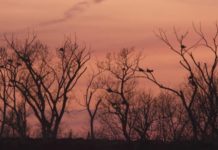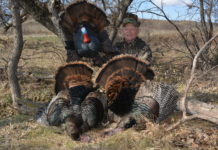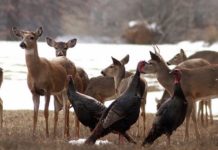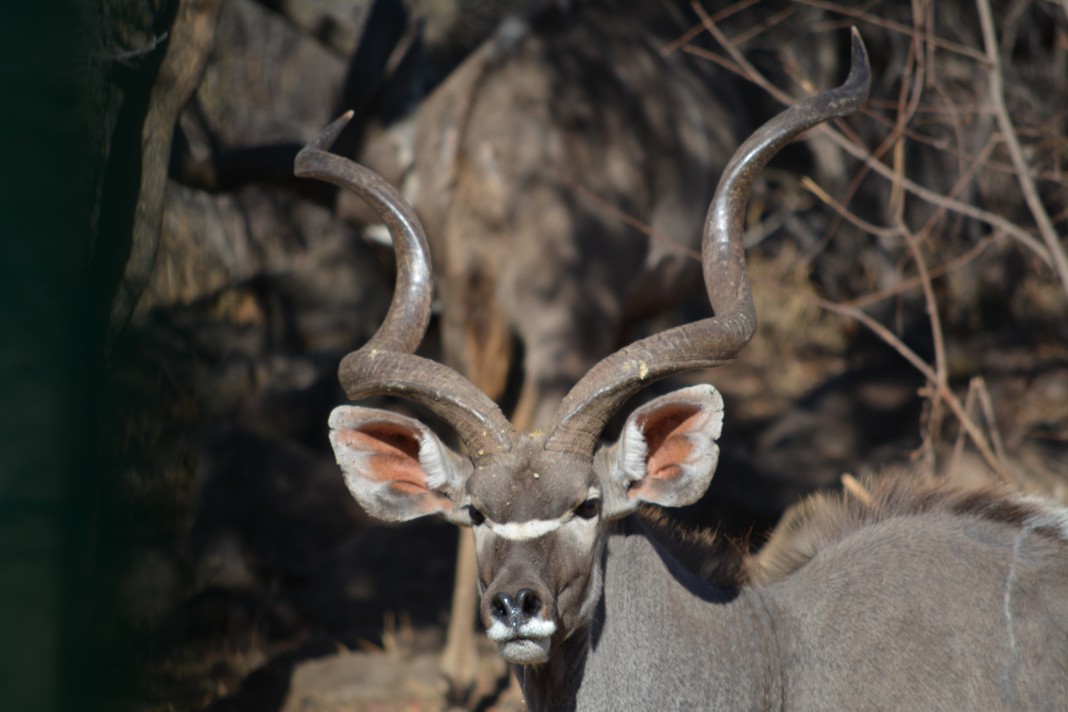An african hunting safari is one of the greatest adventures on earth. My first safaris to Zimbabwe and South Africa occurred in 1994, and I was instantly addicted.
First-timers are easily enamored by the multitude of animals and species, immersion in new cultures, and the overall adventure of the hunt. More seasoned safari hunters see the immense contribution that hunting makes to conservation and the local economies.
Safari companies need cooks, trackers, skinners, drivers, guides, and a host of other crafts to make the safari experience successful. The number of workers and their families often exceeds 100 individuals who depend directly on hunters on a single safari for their livelihood. As noted in a recent report, these safaris are a vital part of the African economy.
The majestic wildlife, rugged landscapes and remarkable history of the African continent make it a dream destination for tourists around the world. It is also a land made up of diverse peoples and governments, many of them facing a variety of economic, environmental and social challenges each day. Fortunately, one group of tourists who turn their dreams of visiting the continent into reality, are also helping the economic situation for those who live there. According to a recent study conducted by Southwick Associates on behalf of Safari Club International (SCI) Foundation, hunting tourism contributes as much as $426 million to the African economy each year.
The study, “The Economic Contributions of Hunting-Related Tourism in Eastern and Southern Africa,” examined the extent of hunters’ annual spending and total economic contributions between 2012 and 2014 in eight top African hunting destinations: South Africa, Namibia, Zimbabwe, Botswana, Ethiopia, Mozambique, Tanzania and Zambia. More than 18,000 hunter tourists visit these countries every year, supporting more than 53,000 jobs… [continued]
Tell us what you think in the comments section below.









![The Best Deer Camp Chili [VIDEO] Deer Chili Ingredients, Tomatoes, Chili Spices](/wp-content/uploads/2015/10/Deer-Chili-Deer-Camp-Recipe-218x150.jpg)








![How to Call Elk Early in the Season [VIDEO]](/wp-content/uploads/2016/08/byers003-218x150.jpg)






![Idiots Disturb Hunter: How Would You Have Handled It? [VIDEO]](/wp-content/uploads/2015/10/DSC00110-e1474487693878-100x70.jpg)
![Albino Buck Shocked to Shed His Antlers [VIDEO]](/wp-content/uploads/2015/10/AlbinoDeer-100x70.jpg)